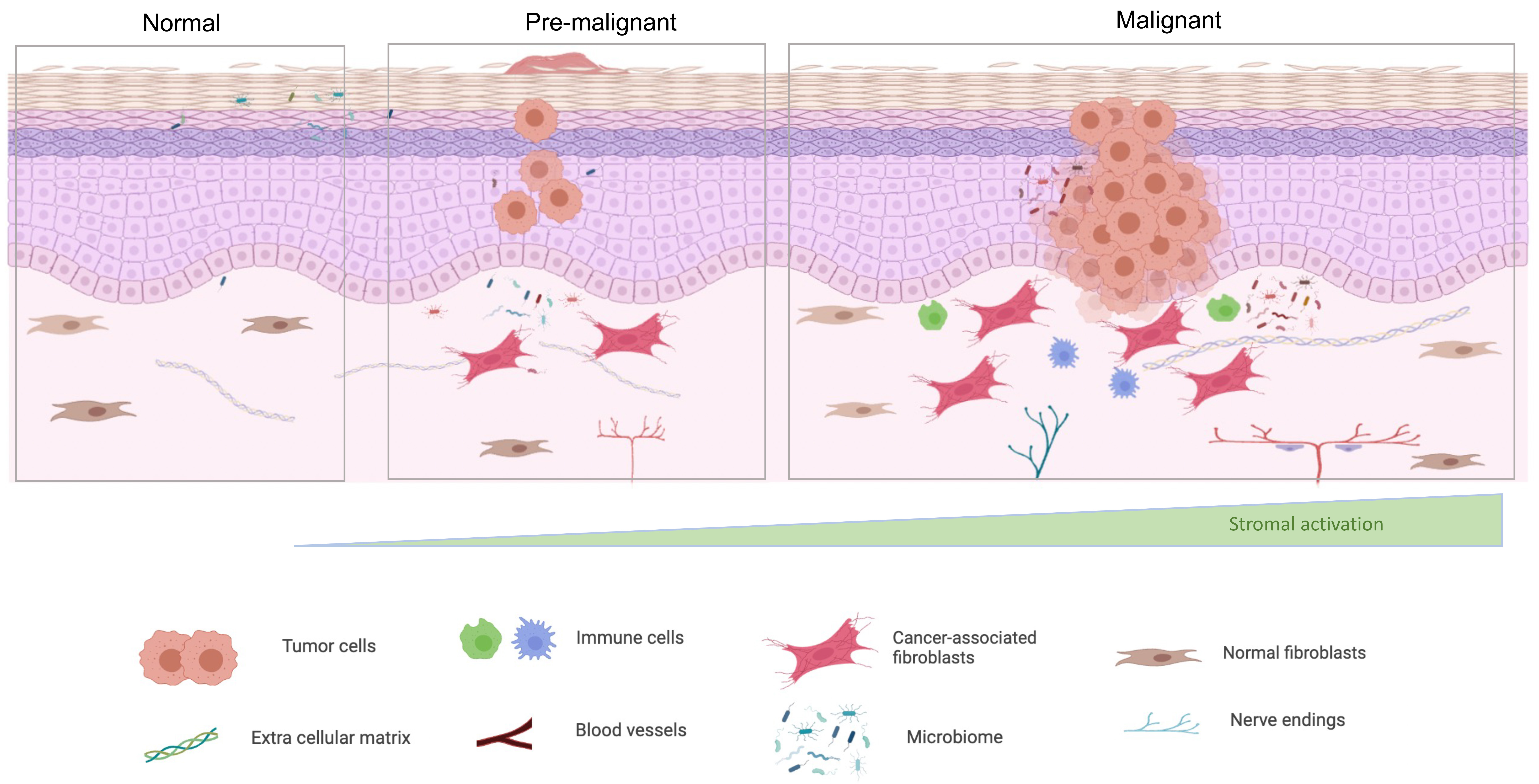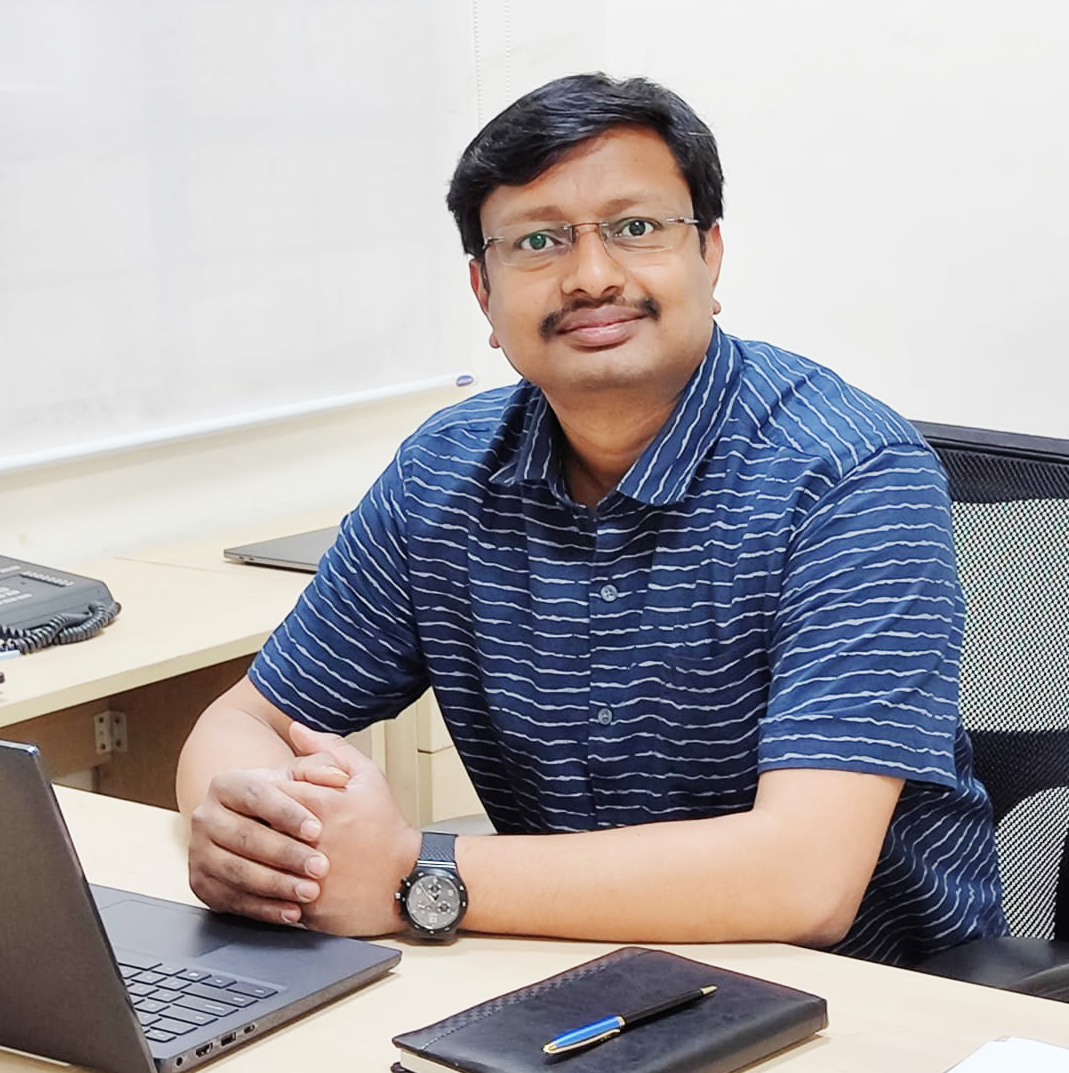About the faculty
Dr. Ghosh holds a PhD in Molecular Biology from the Indian Institute of Science, Bangalore, focusing on the role of histone-like proteins in bacterial genome organisation, gene expression, and pathogenesis. His doctoral research not only elucidated molecular mechanisms of mycobacterial genome organisation but also led to the discovery of small molecule inhibitors against the Mycobacterium tuberculosis histone-like protein HU with translational relevance.
Following his PhD, Dr. Ghosh pursued postdoctoral studies in molecular oncology at the University of Lausanne, Switzerland where he pioneered research into the role of androgen receptor signaling in skin cancer (melanoma). His work delved into the intricate biochemical functions of this pathway in both cancer cells and the stromal cell compartment, specifically cancer-associated fibroblasts. His contributions have earned him several awards, including the INSA Young Scientist award, BioAsia innovation award etc.
Prior to joining as an assistant professor at BITS Pilani, Dr. Ghosh was leading the multidisciplinary research on gender-specific medicine at the Personalised Cancer Prevention Unit, Lausanne University Hospital, Switzerland.
Research interest
Dr. Ghosh's current research is focused on understanding how the tumor microenvironment evolves and affects the premalignant to malignant transition of solid tumors. His interest lies in uncovering the mechanisms that activate stromal cells and in developing innovative therapeutic approaches that target the tumor stroma. By employing cutting-edge techniques in cellular and molecular biology, Dr. Ghosh aims to dissect the molecular pathways and signalling cascades that drive the activation of cancer-associated fibroblasts (CAFs) and their role in tumor progression and response to therapy. He is particularly fascinated by the intricate interplay between intrinsic factors, such as nuclear structure and chromatin organisation, and extrinsic factors, such as growth factors and hormonal signaling, in regulating the activation of specific stromal cell types within the tumor microenvironment.



 An Institute of Eminence
An Institute of Eminence








